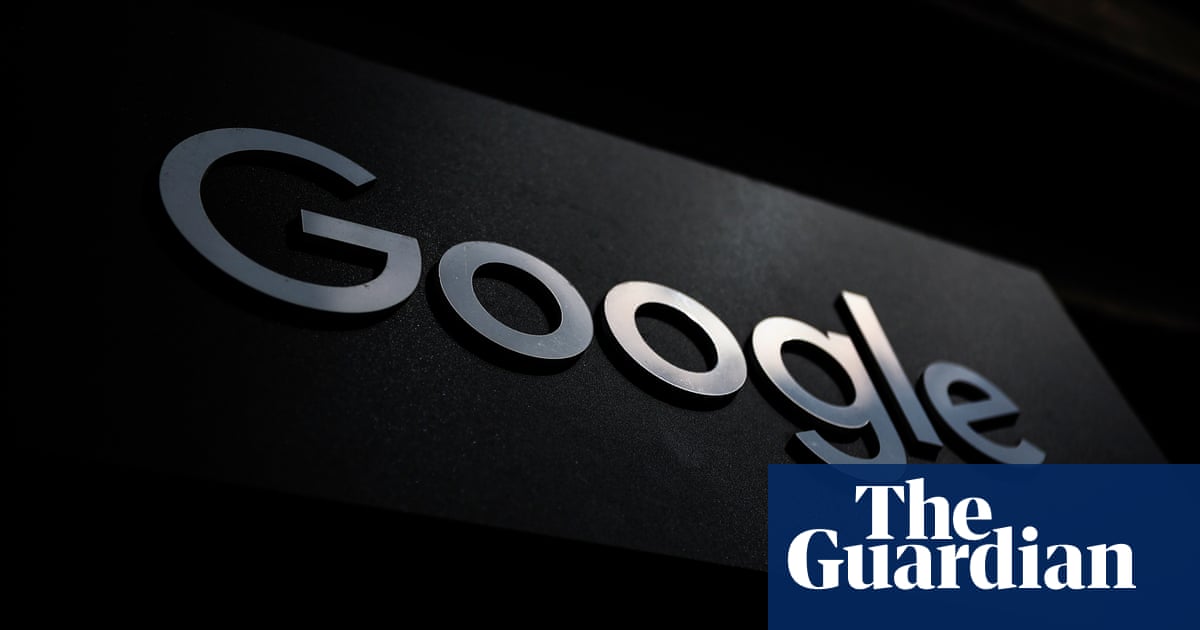 [ad_1]
[ad_1]
Google violated antitrust laws as it built an internet search empire, a federal judge ruled on Monday in a decision that could have major implications for the way people interact with the internet.
Judge Amit Mehta found that Google violated section 2 of the Sherman Act, a US antitrust law. His decision states that Google maintained a monopoly over search services and advertising.
“After having carefully considered and weighed the witness testimony and evidence, the court reaches the following conclusion: Google is a monopolist, and it has acted as one to maintain its monopoly,” the ruling states.
The ruling is one of the largest antitrust decisions in decades, capping off a case that pitted the justice department against one of the world’s most valuable companies. It was also part of a broader push in recent years from the Department of Justice and Federal Trade Commission, as well as European regulators, to scrutinize big tech companies for allegedly monopolistic practices.
There was no jury in the trial, which began in September of last year before taking a long hiatus for Mehta to consider a ruling. Closing arguments wrapped up in the first week of May, with Mehta concluding the trial by stating that he was aware of the gravity of the case for both Google and the public.
Google will appeal the decision, according to its president of global affairs, Kent Walker, who in a statement quoted parts of the ruling where Mehta described the company’s search engine as superior to its competitors.
“This decision recognizes that Google offers the best search engine, but concludes that we shouldn’t be allowed to make it easily available,” Walker said.
Mehta on Monday called the proceedings “remarkable” and praised the quality of lawyers on both sides of the case in his ruling, noting that millions of pages and petabytes of data changed hands during the discovery phase of the case.
US attorney general Merrick Garland called the ruling “a historic win for the American people”, adding: “No company – no matter how large or influential – is above the law.”
White House press secretary Karine Jean-Pierre said the “pro-competition ruling is a victory for the American people”, adding: “Americans deserve an internet that is free, fair, and open for competition.”
Government prosecutors had argued during the trial that Google illegally monopolized control over the internet search market, spending tens of billions of dollars each year on contracts to providers such as Apple and Samsung in order to become the default search engine on their devices. Justice department lawyers accused Google of using its dominant market position – they alleged the company controls about 90% of the US search market – to crowd out rivals and boost its own advertising revenues.
These default distribution agreements gave Google anticompetitive advantage over its rivals, Mehta’s ruling found, stating that the company did not give valid justifications for those deals. Google also spent vast sums of money to secure those agreements, the ruling noted, paying more than $26bn in 2021 alone to companies such as Apple in order to become the default search engine on devices.
Mehta’s ruling does not state what penalties Google will face for violating antitrust law, leaving major questions about the future of the company’s dominance over the search industry and how it will operate.
Google’s defense relied on the argument that the company simply provides a better service to consumers than other search engines. Attorneys for the company pointed to products such as Microsoft’s Bing as inferior to Google’s, and argued that contracts to make Google the default engine on devices did not constitute antitrust violations. They also argued that Mehta should take a broader definition of the search market, presenting Google as just one of a range services that people use to search the internet – one that includes other tech giants such as TikTok and Amazon.
Another point of contention during the trial was Google’s history of deleting internal communications and having its chats automatically set to not retain message history. The government alleged that Google was intentionally deleting messages that could be unfavorable to it during the trial, a charge that Google denied. Mehta chastised Google’s attorneys during the trial for the failure to retain messages and lax record-keeping policies.
after newsletter promotion
“It’s shocking to me, or surprising to me, that a company would leave it to its employees to decide when to preserve documents,” Mehta said during closing arguments.
Mehta’s ruling ultimately chose not to sanction Google for failing to preserve the employees’ chat, but said the court was “taken aback by the lengths to which Google goes to avoid creating a paper trail for regulators and litigants”.
The justice department originally filed its suit against Google in 2020, but later joined in a wider legal action that included attorneys general from more than three dozen states and territories. During opening arguments, the government’s lawyer Kenneth Dintzer declared that the trial was about “the future of the internet”.
Much of the trial unfolded behind closed doors, leading to transparency advocates and tech critics to allege that Google was attempting to keep the case out of the public discourse and quell media coverage. Google successfully petitioned to block public access to evidence and testimony, arguing that it would potentially reveal trade secrets.
New York’s attorney general, Letitia James, who was part of the legal action against Google, celebrated the decision on Monday. “This is a major victory to stop unchecked corporate power from stifling competition and controlling our data and privacy,” James posted on X.
The tech giantfaces another justice department antitrust lawsuit later this year, which will focus on its advertising practices and whether it illegally monopolized key advertising technology.
Google did not immediately respond to a request for comment.


